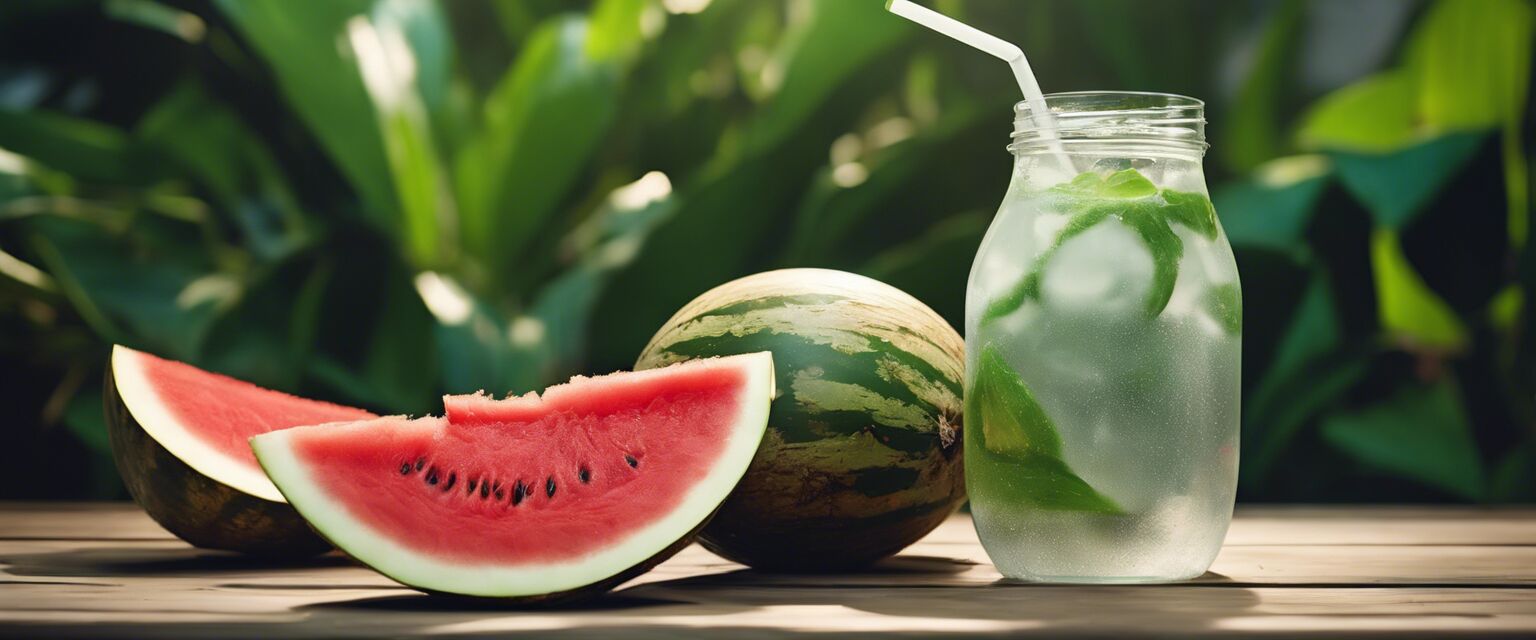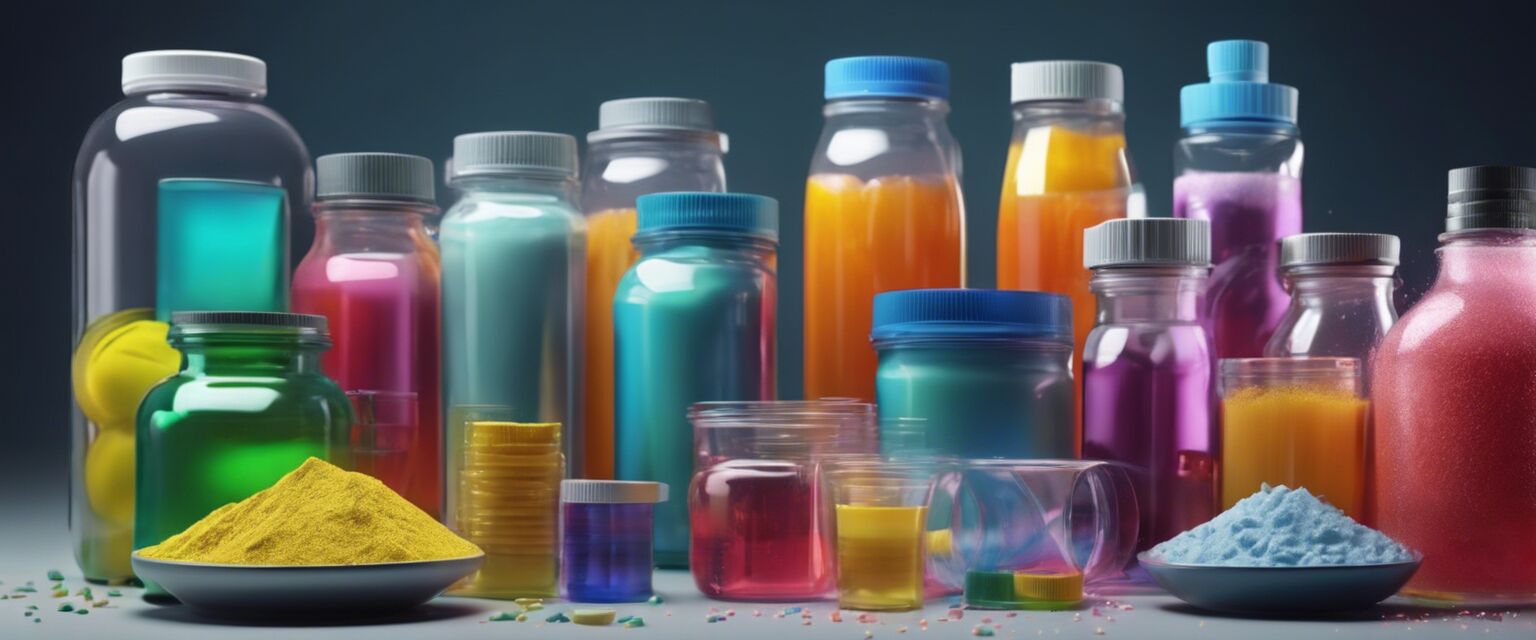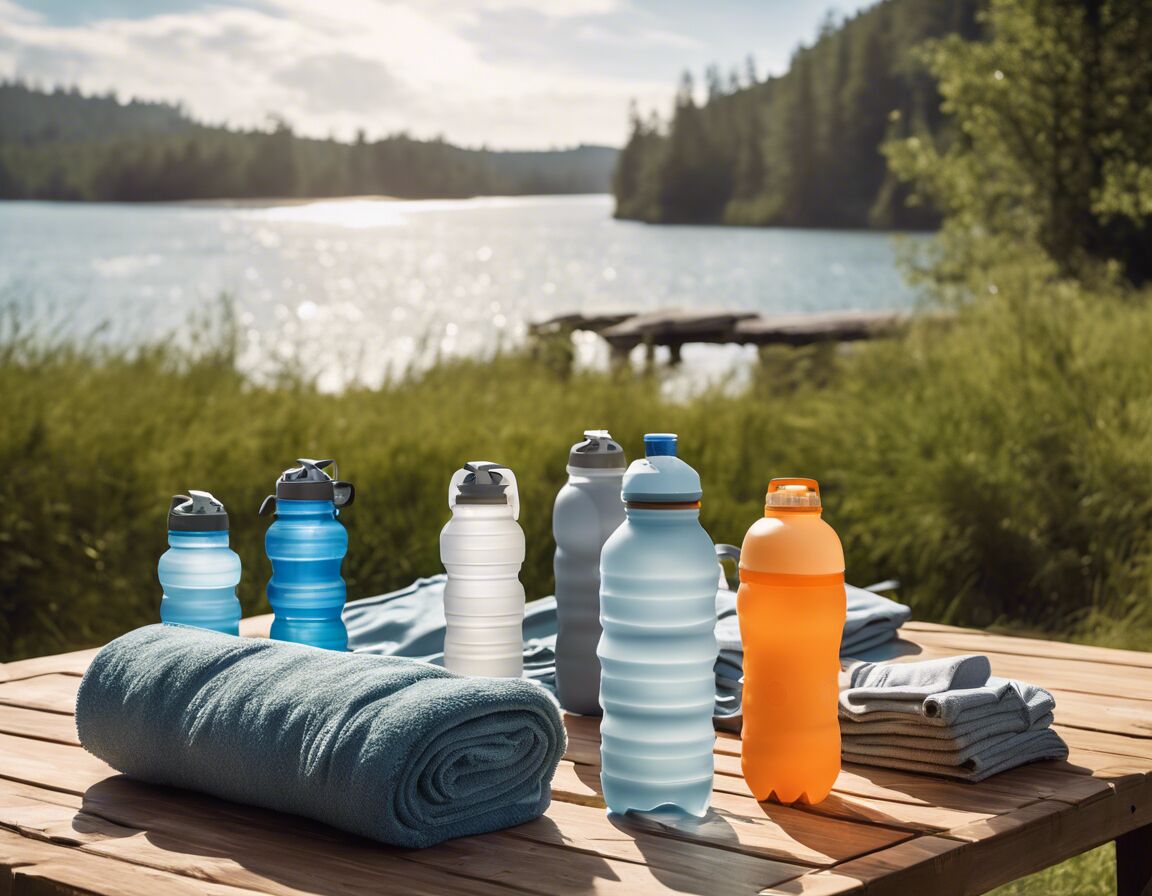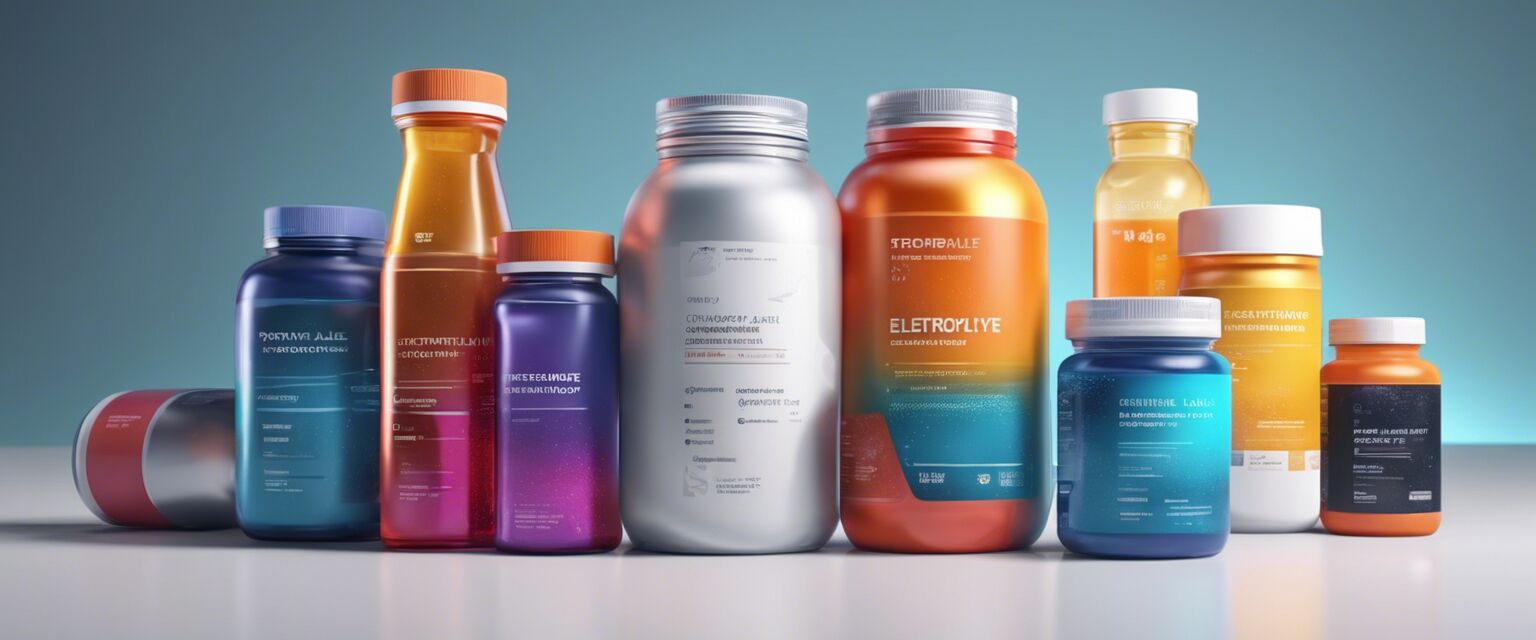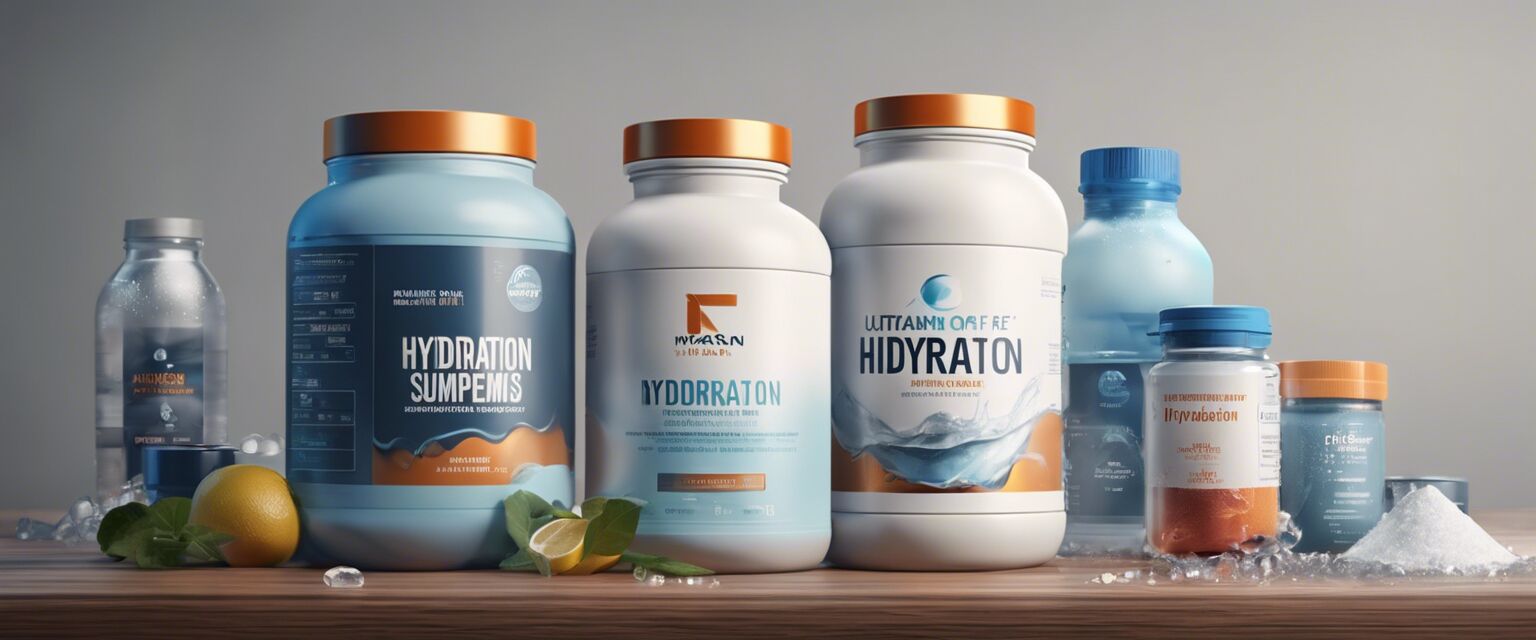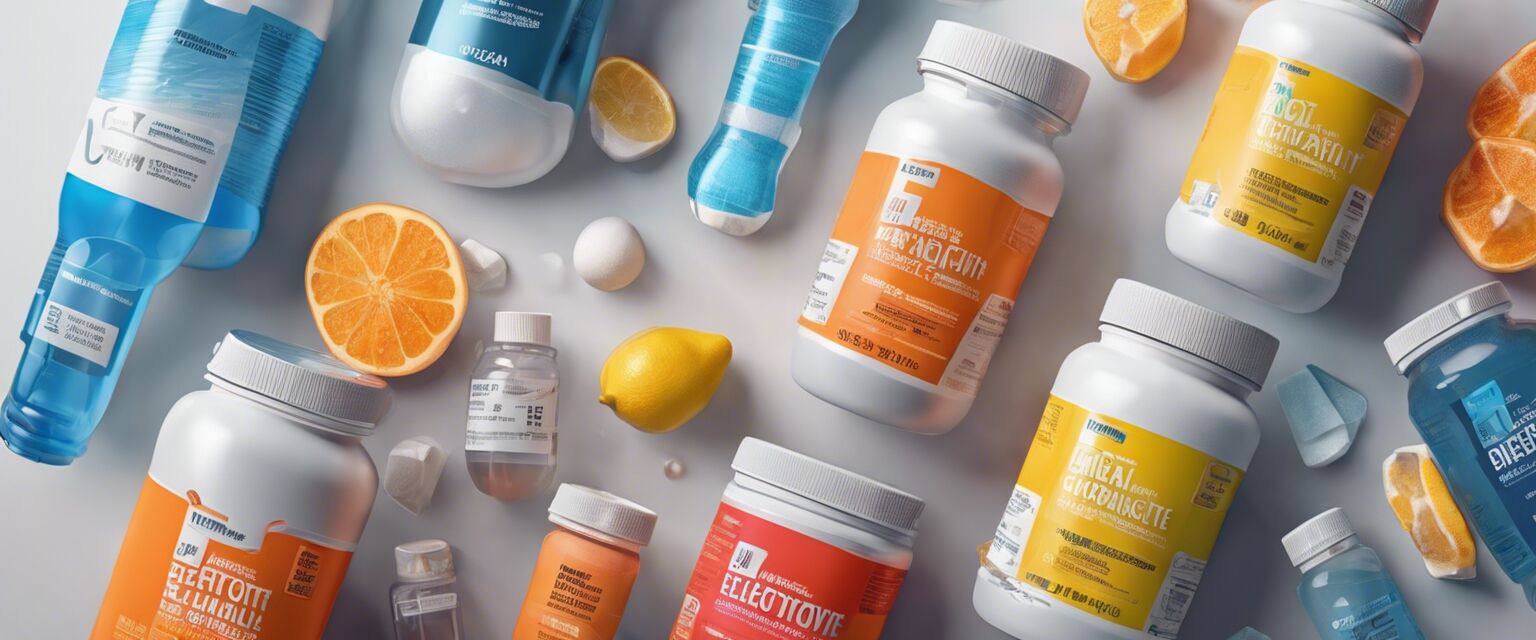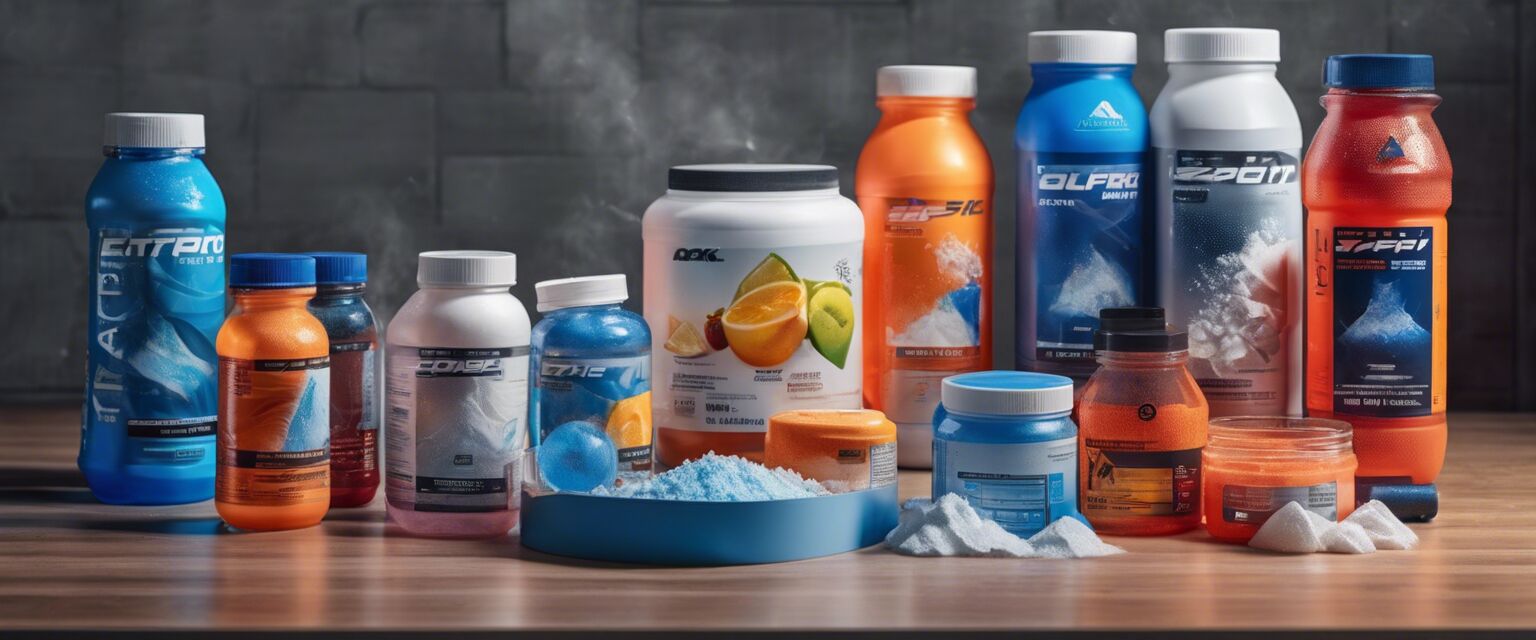
Natural vs. Synthetic Electrolytes
Key Takeaways
- Natural electrolytes are derived from whole food sources.
- Synthetic electrolytes are manufactured in labs and often have added sugars or artificial flavors.
- Both types serve the purpose of rehydration, but their composition and effects may differ.
- Choosing between natural and synthetic depends on personal preferences, dietary restrictions, and performance needs.
Electrolytes play a crucial role in maintaining hydration, especially for those engaged in high-endurance activities. Understanding the differences between natural and synthetic electrolytes can help you make an informed choice that suits your lifestyle and performance needs.
What are electrolytes?
Electrolytes are minerals in your body that carry an electric charge. They are essential for a variety of bodily functions, including:
- Regulating nerve and muscle function
- Maintaining acid-base balance and water balance
- Supporting the overall hydration process
Natural electrolytes
Natural electrolytes are derived from whole food sources, providing a balance of minerals and nutrients without the additives often found in synthetic products. Hereâs a closer look:
| Source | Common Natural Electrolytes | Benefits |
|---|---|---|
| Coconut Water | Potassium, Sodium, Magnesium | Rich in electrolytes and low in calories. |
| Watermelon | Potassium, Magnesium | High water content for hydration and natural sugars for energy. |
| Leafy Greens | Calcium, Magnesium | Rich in vitamins and minerals, with added health benefits. |
Pros and Cons of Natural Electrolytes
Pros
- Whole food sources provide additional nutrients.
- Often free from artificial additives and sugars.
- Can be more easily digested by the body.
Cons
- May have a shorter shelf life.
- Can be less convenient to consume during intense activities.
- Flavor may not appeal to everyone.
Synthetic electrolytes
Synthetic electrolytes, on the other hand, are manufactured and often come in convenient forms like powders or drinks. These products are designed for quick absorption and replenishment.
| Form | Common Ingredients | Benefits |
|---|---|---|
| Powders | Sodium, Potassium, Artificial Flavors | Easy to mix with water; customizable dosage. |
| Ready-to-Drink | Electrolyte Blend, Sugar, Preservatives | Convenient for on-the-go hydration. |
| Tablets | Electrolyte Blend, Binders | Compact and easy to carry. |
Pros and Cons of Synthetic Electrolytes
Pros
- Convenient for quick rehydration.
- Longer shelf life compared to natural sources.
- Often flavored for better taste.
Cons
- May contain artificial additives and sugars.
- Some users may experience digestive issues.
- Potential for overconsumption of certain minerals.
Which is better for you?
The choice between natural and synthetic electrolytes largely depends on individual needs and preferences. Here are some factors to consider:
- Activity Level: High-endurance athletes may prefer synthetic options for quick absorption.
- Dietary Restrictions: Those avoiding artificial ingredients may lean towards natural sources.
- Convenience: Busy individuals might find synthetic products easier to consume on the go.
Hydration accessories to consider
Regardless of your choice between natural and synthetic electrolytes, having the right hydration accessories can enhance your experience. Here are some popular options:
- Hydration packs - ideal for long runs or hikes.
- Hydration tablets - portable and easy to use.
- Electrolyte drinks - convenient for quick hydration.
Conclusion
Both natural and synthetic electrolytes have their own advantages and disadvantages. The best choice for you will depend on your personal preferences, dietary habits, and hydration needs. Experiment with both types and see which one works best for your body and lifestyle.
Additional Resources
For more information on hydration and electrolyte options, check out these articles:
